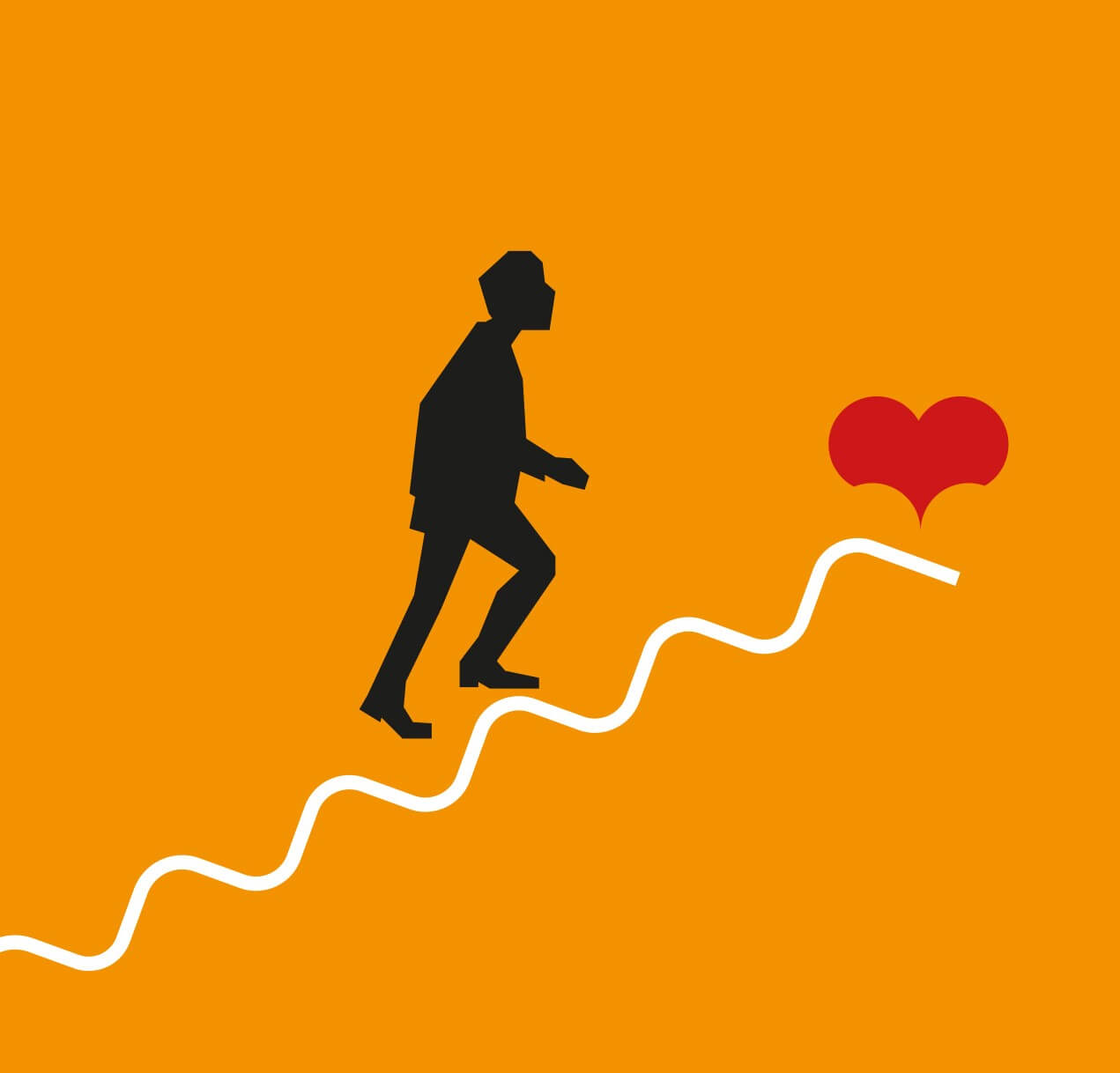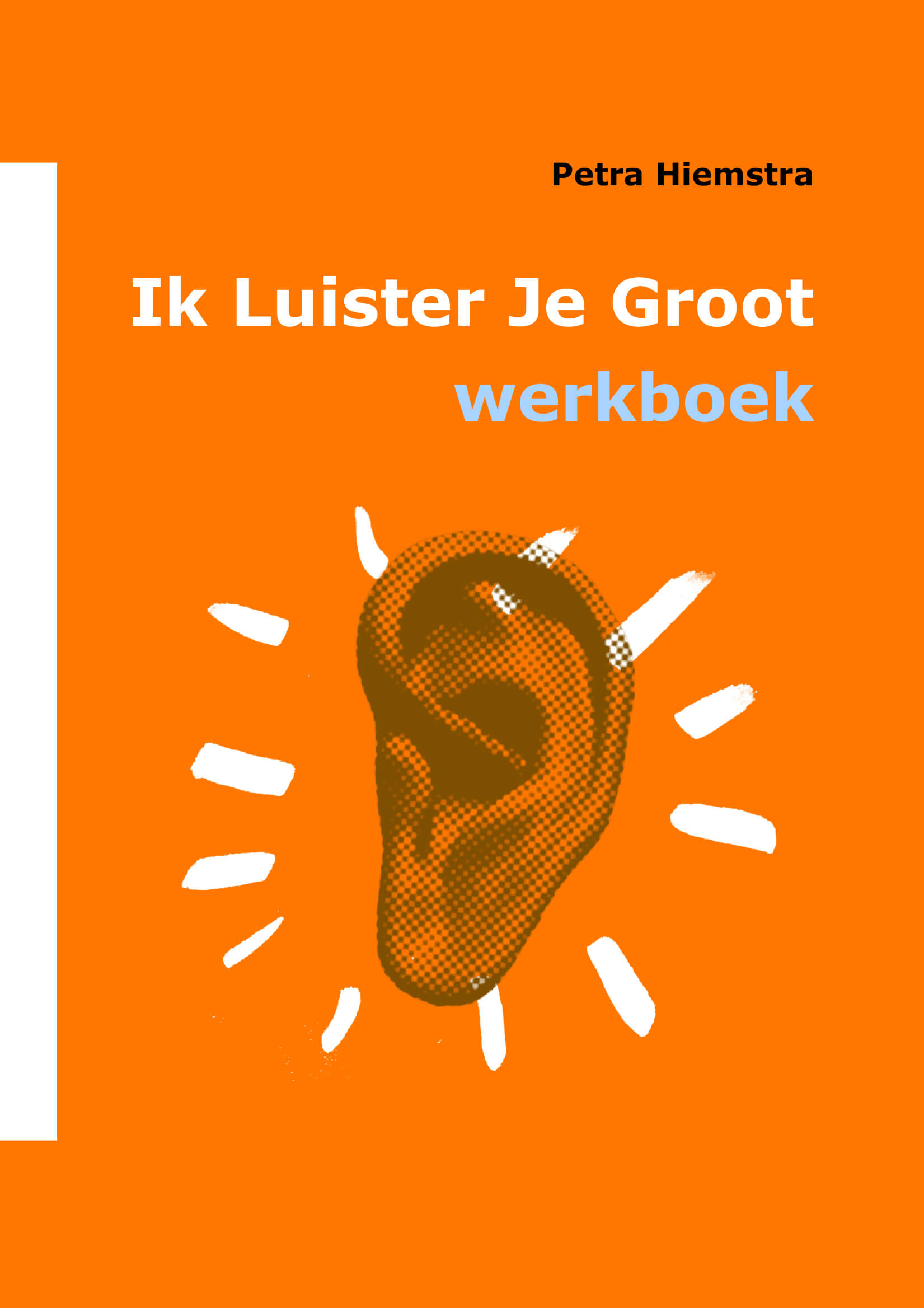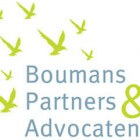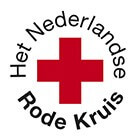What’s a Toxic Person & How Do You Deal With One?
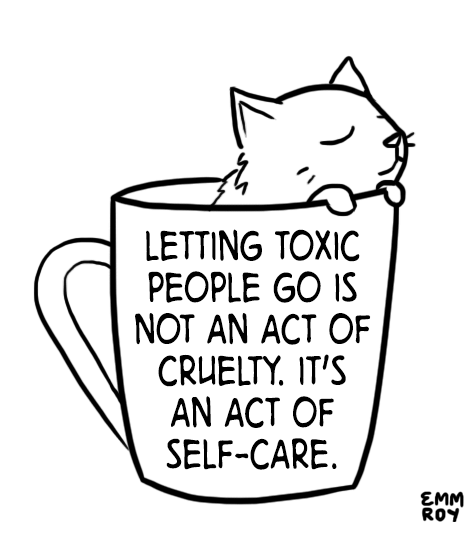
By Margarita Tartakovsky, M.S.
Associate Editor~ 3 min read
So What’s a Toxic Person Really?
It’s not that the whole person is toxic. Rather, their behavior is toxic or your relationship with the person is toxic, said Jodie Gale, MA, a psychotherapist and life coach in Sydney, Australia.
“Often the person is deeply wounded and for whatever reason, they are not yet able to take responsibility for their wounding, their feelings, their needs and their subsequent problems in life.”
They may overidentify and act out the parts of who they are, such as the victim, bully, perfectionist or martyr, she said. “They act from these parts trying to get their needs met, albeit in an extremely unhealthy way.”
According to Gale, it’s common for people with toxic behavior to: create drama in their lives or be surrounded by it; try to manipulate or control others; be needy (“it is all about them all the time”); use others to meet their needs (such as “narcissistic parents”); be extremely critical of themselves and others; be jealous and envious of others, bemoaning their bad fortune and others’ good fortune; abuse substances or harm themselves in other ways, and be unwilling (or unable) to seek help from loved ones, a therapist or a recovery program.
What also feels toxic to you has to do with your reaction to the interaction, said Amy Tatsumi, MA, LPC, a psychotherapist and art therapist in Washington, D.C. Your reactions might include feeling betrayed, withdrawing, numbing yourself or being overly accommodating, she said.
This often happens “when healthy boundaries are crossed and we let go of our values.”
Both people play a role in toxic interactions. So it’s important to consider your personal role as well.
“A hallmark of a toxic interaction is that both people have created a conscious or unconscious story with judgment, fear or blame about the other person and boundaries that were crossed,” Tatsumi said.
Signs You’re Surrounded by a Toxic Person
Gale shared these signs:
You’re emotionally affected by their drama
You dread (or fear) being around them
You’re exhausted or you feel angry while you’re with them or after your interaction
You feel bad or ashamed about yourself
You’re stuck in a cycle of trying to rescue, fix or care for them.
Tatsumi shared these additional signs:
The other person doesn’t respect the word “No” as a complete sentence
When you’re with them, you feel like you’re “walking on eggshells”
You ignore your own values
You emotionally “check out”
You feel like you’re being controlled, or you’re being overly controlling.
Again, it’s important to explore your own role in the interaction. For instance, how do you compromise your own values or boundaries? Do you lash out because you feel misunderstood or not listened to? Do you withdraw because this is how you react to criticism?
What to Do With Toxic Relationships
Gale offered these suggestions for navigating toxic interactions:
* Tell the person how you feel in an assertive way. Use “I” statements. For example: “When you act/do/say _____, I feel _____. What I need is _______. The reason that I am sharing my feelings and needs with you is_______ (because I love you, I want to build a healthy relationship with you etc.).”
* Set and maintain boundaries.
* Focus on taking care of yourself.
* “Find ways to protect yourself from their unhealthy behaviors.”
* Reflect on the relationship, and consider how you’re caught in an unhealthy cycle of relating to the person. For instance, you might be making excuses for them or trying to fix them.
“If the person’s toxic behavior doesn’t change, or the relationship is just too toxic for you, send them forward in life with love and compassion, and then move forward with your life,” Gale said.
Ending the relationship may be painful, particularly if you have a long history with the person, she said. “Ultimately though, you will have created space for much healthier and far more nourishing relationships in your life.”
Bron: http://psychcentral.com

